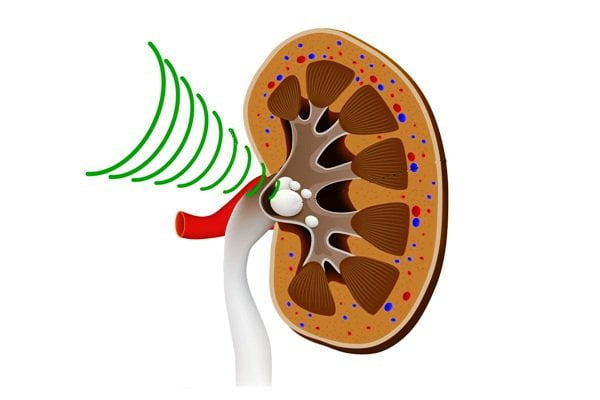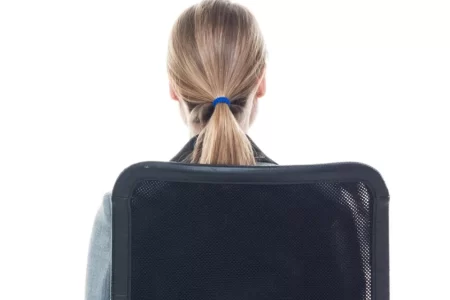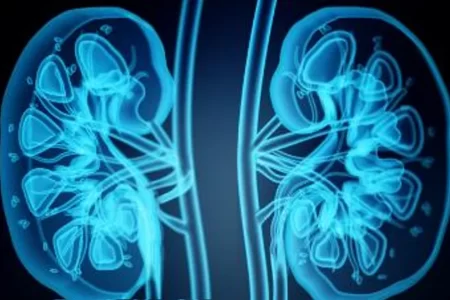Shock Wave Lithotripsy (SWL)
- Updated on: Jul 12, 2024
- 3 min Read
- Published on Apr 12, 2019


What is shock wave lithotripsy?
Shock Wave Lithotripsy is the most commonly used medical procedure for the treatment of certain types of kidney stones and stones in other organs, such as your gallbladder or liver.
Kidney stones develop when minerals and other substances in your urine crystallize in your kidneys, resulting in solid masses, or stones. They may vary in their consistency and may consist of small, sharp-edged crystals or smoother, heavier formations that resemble polished river rocks. Generally they exit your body naturally during urination.
However, sometime your body is not able to expel them out especially in case of larger formations through urination. This results in your kidney damage. You may experience bleeding, severe pain, or urinary tract infections. When the kidney stones start manifesting these types of problems, your doctor may suggest lithotripsy.
During lithotripsy, shock waves are targeted at a kidney stone from outside your body causing the stone to fragment. The stone is broken down in tiny pieces that are small enough to pass in your urine.
Why do you need lithotripsy? When is lithotripsy used?
Shock wave lithotripsy works well when the size of your kidney stone is less than 2 cm in diameter. It is usually not effective against very large stones. However, your doctor will recommend shock wave lithotripsy depending upon the size, shape, location of the stone. Other factors which may affect its choice as a treatment option are your overall health and your kidneys’ health.
Shock wave lithotripsy is not appropriate for all the people having kidney stones. For example, since it needs x-rays and shock waves, pregnant women with stones are not treated with it. Patients with infections, bleeding disorders, severe skeletal abnormalities, or who are morbidly obese are also not good candidates for shock wave lithotripsy. Your doctor may recommend some other treatment option if your kidneys have other abnormalities. If you have cardiac pacemaker, your cardiologist will decide if you can have shock wave lithotripsy or not.
How does shock wave lithotripsy work?
Lithotripsy uses sound waves also known as high-energy shock waves to break up large kidney stones into smaller pieces. The most frequent form of lithotripsy used is extracorporeal shock wave lithotripsy (ESWL). The term “extracorporeal” refers “outside the body.” During the procedure a special machine called a lithotripter generates shock waves which travel into the body and breaks down the stone in small pieces.
Lithotripsy may take about 45-60 minutes to perform. You may be administered with some form of anesthesia local, regional, or general prior to the procedure so that you don’t experience any pain.
You will be stationed on an operating table in such a position that the stone can be beamed precisely with the shock wave. Sometimes, a soft cushion may be placed either behind your kidney or on your abdomen. After this, about 1-2 thousand shock waves from a machine will be generated and targeted to crush the stones.
After the procedure, stone fragments are removed from your kidneys or ureter. You will be required to stay for about an hour and then will be allowed to return home if all goes well. Your doctor will instruct you to drink plenty of water. You may also be asked to strain your urine through a filter to capture the stone pieces for testing. You will be prescribed with antibiotics and painkillers if needed.
What are the risks of shock wave lithotripsy?
Like most procedures, shock wave lithotripsy is associated with some risks. It has a high potential to cause kidney injury and sometimes kidney failure as well. You may experience bleeding and need a blood transfusion. You may also get infection when the stone fragments block the urine passage out of your kidney. Other possible complications may include high blood pressure and diabetes. However, lithotripsy causing these complications remains controversial and is being studied.
What is the recovery time after shock wave lithotripsy?
The recovery time after a shock wave lithotripsy may vary depending on the size and number of stones but in most of the cases it is usually brief. A shock wave lithotripsy is able to remove kidney stones completely. However, there are chances that your stones will return and you will need a consecutive session of a shock wave lithotripsy. After the procedure, you will be able to resume your daily activities within one or two days. You may pass stone fragments for several weeks. It is advised to drink plenty of water as it helps the stone fragments pass quickly.












